Aimed At China
During the early 2010s, Japan was undergoing a national debate whether to join the Trans-Pacific Partnership Agreement (TPP) or not. This Free Trade Agreement was brought up the United States in an attempt to reduce tariffs and promote trade, investment etc. across the entire Asia-Pacific region, making it equivalent to the European Union’s economic zone.
After overcoming considerable opposition, especially from agricultural interest groups, Japan signed the TPP agreement under the Abe administration in 2016.
But, this was hit with misfortune when Trump administration withdrew from the agreement the following year, despite the US being the one who pushed for the TPP in the first place.
Upon facing this grim reality, the remaining 11 countries managed to form a new partnership agreement called the “Comprehensive and Progressive Agreement for Trans-Pacific Partnership (CPTPP).”
It was during the CPTPP’s negotiations where Japan took the leading role in substitute of the US, earning high praise for promoting free trade in a world that seemed to be regressing from such system.
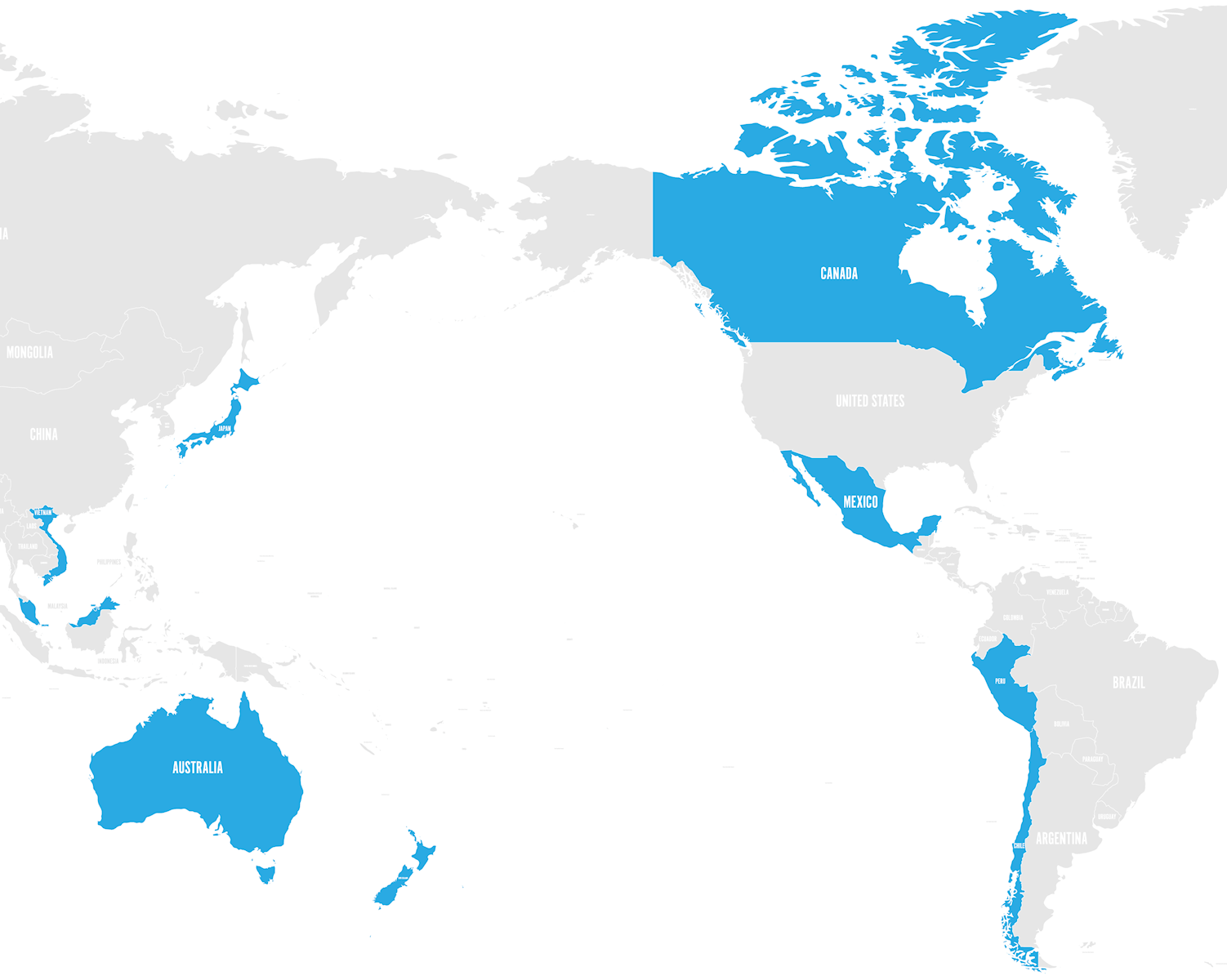
Map showing the founding members (photo: Taiwan Gov.)
Originally, the purpose of the TPP (and also the CPTPP) was to create a free, open trade system by laying out fair and transparent rules. In other words, it strived to achieve economic development based on liberalism, but behind this rhetoric was the strategic intent to reduce the region’s dependence on China, and instead tie them to a US-led trade zone.
As the region saw an evermore growing Chinese influence, the idea was to solidify the liberal economic club by installing a new framework aimed at countering China.
However, the goal here was not so much to completely “exclude” China, but rather to establish trade rules in advance before Beijing could join in later. The possibility of China becoming a future member was not ruled out, and the strategy was to compel China to adhere to the existing rules when it decided to participate.
Expecting UK’s Commitment
Not being an exclusive club, the CPTPP has actually welcomed the idea of additional members, starting with the United Kingdom’s accession in 2023.
While the UK does have some territories in the Pacific, this move was largely due to country seeking new economic opportunities following the Brexit from the EU.
As a founding member, Japan played a significant role in fully supporting UK’s membership and this can be attributed to three main reasons.
First, adding the world’s sixth largest GPD would not only increase the CPTPP’s scale and influence, but it also boosts the momentum for further expansion.
Second, UK’s membership was regarded beneficial in preparation for China’s potential accession. China has in fact made its official application to the CPTPP in 2021, just around the same time as Taiwan’s application, guaranteeing future negotiations to become a political mess.
Ever since the US departure from the TPP, the burden of enforcing rules and maintaining the liberal ideals has mostly fell on the shoulders of Japan, Australia and Canada.
Because the Chinese economy dwarfs that of the other CPTPP members, adding the UK as a partner would certainly help in keeping Beijing in check.
In this regard, the UK stands with Japan, Australia, and Canada as likeminded countries, and is expected to solidify the liberal camp’s initiative within the CPTPP.
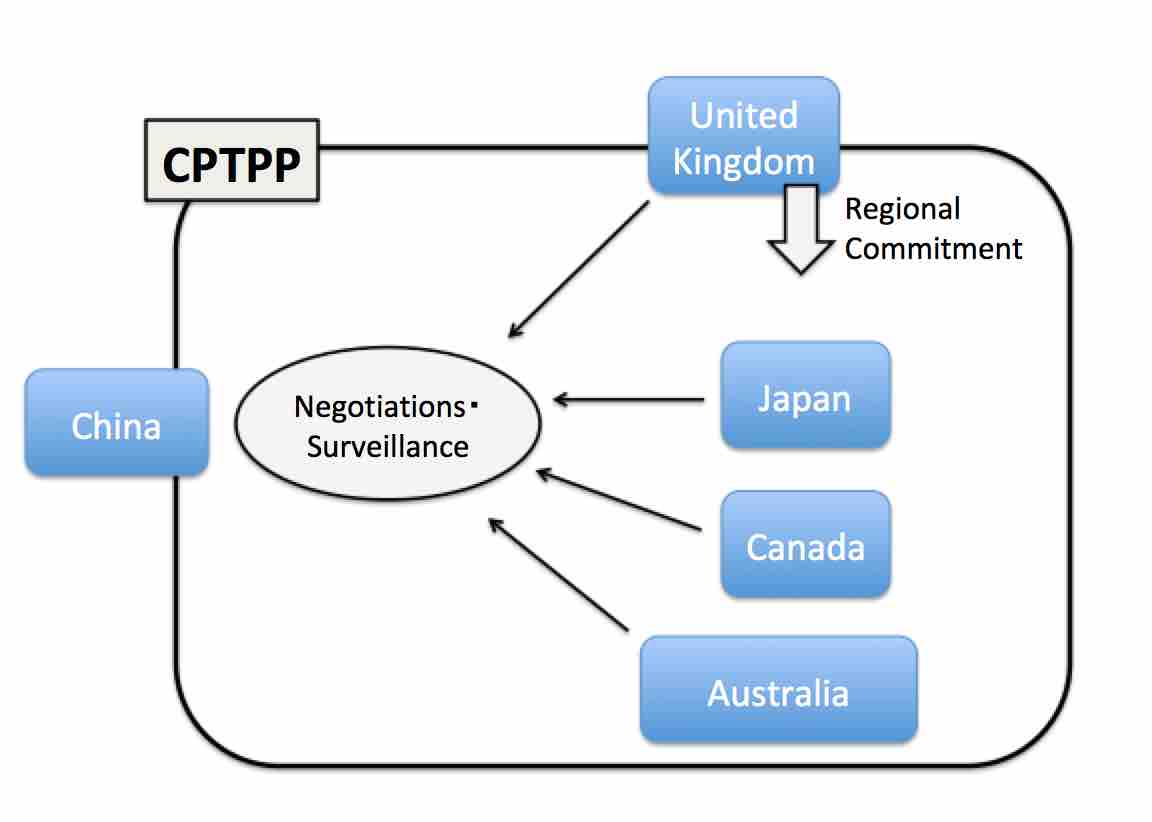
The final reason for Tokyo’s support is the intent to draw the UK into the Asia-Pacific region and securing their commitment.
It is not secret that Japan and the UK have developed a quasi-alliance relationship in the security realm, with joint exercises and mutual visits becoming a new normal. The fact that the UK sent its aircraft carrier “Queen Elizabeth” all the way across the world to Japan exemplifies the seriousness of such commitment.
By integrating the UK into the same economic zone and anchoring them to the Asia-Pacific, Tokyo expects the London’s commitment in an event of a contingency whether it occurs in Taiwan or the Korean Peninsula.
Of course, the UK is well aware of this intention, but considering the prospects of future economic benefits, the UK’s accession is quite mutually beneficial.







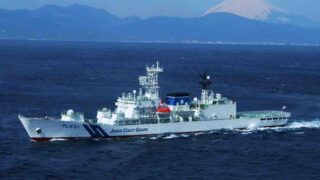


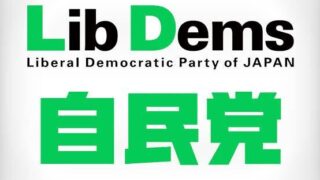


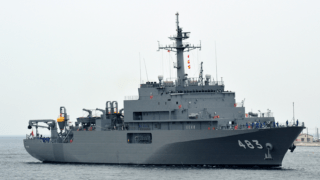






Comments